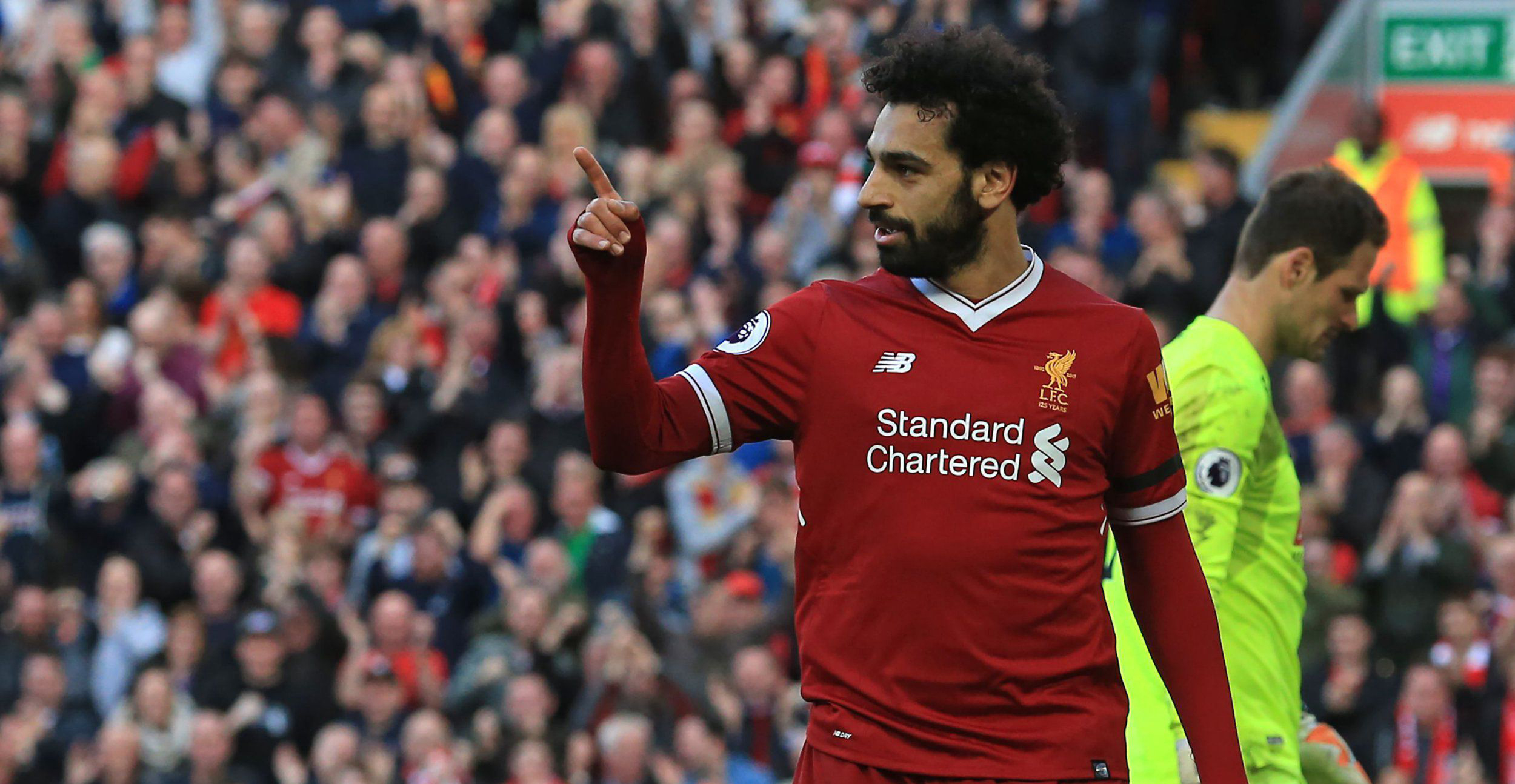It has been above the fold, the major crisis that happened recently between the Liverpool and Egypt footballer, Mohamed Salah and the Egyptian Football Association.
Starting from Salah’s image that was used to promote Egypt’s official sponsor WE, while he has a sponsorship deal with rival company Vodafone in last April.
Also Read ➤ Mohamed Salah leads Vodafone and Pepsi brilliant Ramadan to World Cup transition
Reaching the accusation against the EFA; of hampering the country’s World Cup preparations in Russia earlier this summer by flying in celebrities to the team’s hotel.
- Advertisement -
Ignorance and neglect were the main theme of the conflict as pointed out in Mohamed Salah’s Tweets.
الطبيعي أن أي اتحاد كرة يسعى لحل مشاكل لاعبيه حتى يوفروا له الراحة.. لكن في الحقيقة ما أراه عكس ذلك تمامًا.. ليس من الطبيعي أن يتم تجاهل رسائلي ورسائل المحامي الخاص بي … لا أدري لماذا كل هذا؟ أليس لديكم الوقت الكافي للرد علينا؟!
— Mohamed Salah (@MoSalah) August 26, 2018
“I don’t know why this is. Don’t you have enough time to answer us?
“It is natural for any football association to try to solve the problems of its players… but really what I see is exactly the opposite.”
“My letters and my lawyer’s letters are ignored”
Was it the best case scenario?
Teams that resolve conflicts effectively often find that rather than being alienated from each other afterward, they’re more cohesive than before.
In such an important international event like the World Cup 2018, using conflicts to re-examine goals and expectations and gain a better understanding of the perspective, is always a must!
Therefore, ignoring the problem was not the best choice because it increased the gap between both sides in the conflict rather than solving it.
Authorities in sport management positions should be leaders, motivators, and organizers. They should be able to inspire people to work together to reach shared goals and experience success as a team.
Most importantly, they have to be effective listeners to the concerns and feedback from their team members because listening to others’ points of view and knowing what the facts of the situation are, is the first step to an effective solution.
As it is said, fish rots from the head.
The same, sport will succeed or fail based on the consistent quality of the leadership.
In sporting organizations where failure is experienced over and over and over again, replacing coaches, staff and players rarely fixes the real problems or if it does fix them, it does not fix them for very long.
Conflict will be around as long as there is life. We may not like it, but it is a huge factor in human advancement, and the more effectively we learn to deal with it, the more we can accomplish together.
The key behind the conflict:
Let’s look at what happened with different perspective. What are the reasons behind what happened? Why did the conflict reach that extent?
It is the lack of COMMUNICATION. Problems do happen, mistakes do happen but the way we handle them leads whether to solution or crisis.
When problems arise, honest communication allows them to be resolved in a mature way.
Problems can simply offer everyone the opportunity to address sometimes-hidden problems that are brought to light. Organizations especially in the sports field should always remember that good communication always leads to better cooperation.
Why is there a Gap?
At this point we should start asking why there is such a huge gap between what is happening on the real ground and the optimum situation that should take place.
Why such incidents don’t take place in Spain or England? Is it about culture or education?
Actually, the main reason is that they know what sports management means, they are totally aware that it is a science not just a job.
Incidents like what happened between Salah and the EFA shows clearly the urge to have generations who know what sports management is, because it is not an organizational vacancy that anybody can fill.
It is a study that develops essential skills in business administration, economics, finance, law, psychology and marketing, all with a specific focus on the sports sector.
It is about problem-solving, critical thinking, and making decisions quickly and wisely. It develops/produces managers that know how to analyze critically each information in order to determine the advantages or disadvantages of different situations and the actions to be taken.
That’s why schools like Sports Management School SMS in France are there to build generations of calibers that are able to optimize resources, develop business plans and strategies, identify business opportunities, and anticipate changes in the industry.








